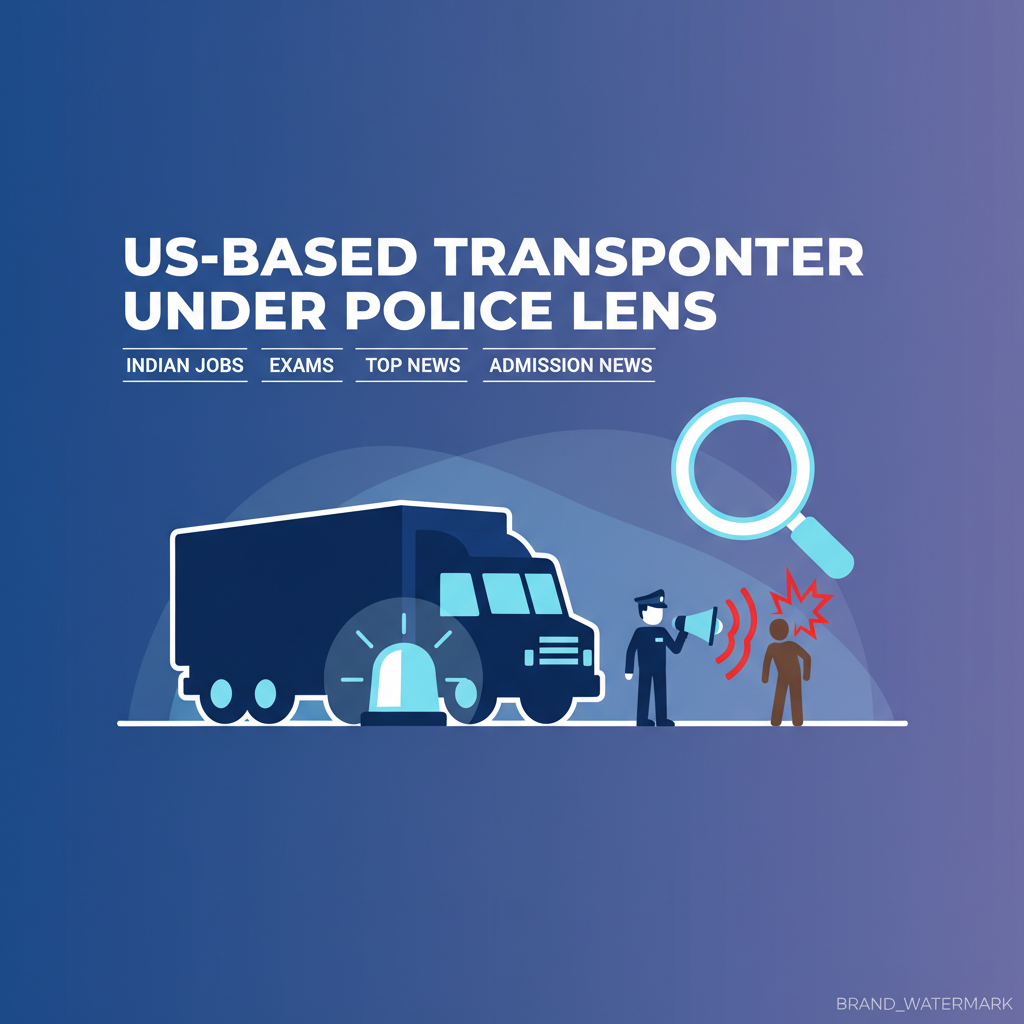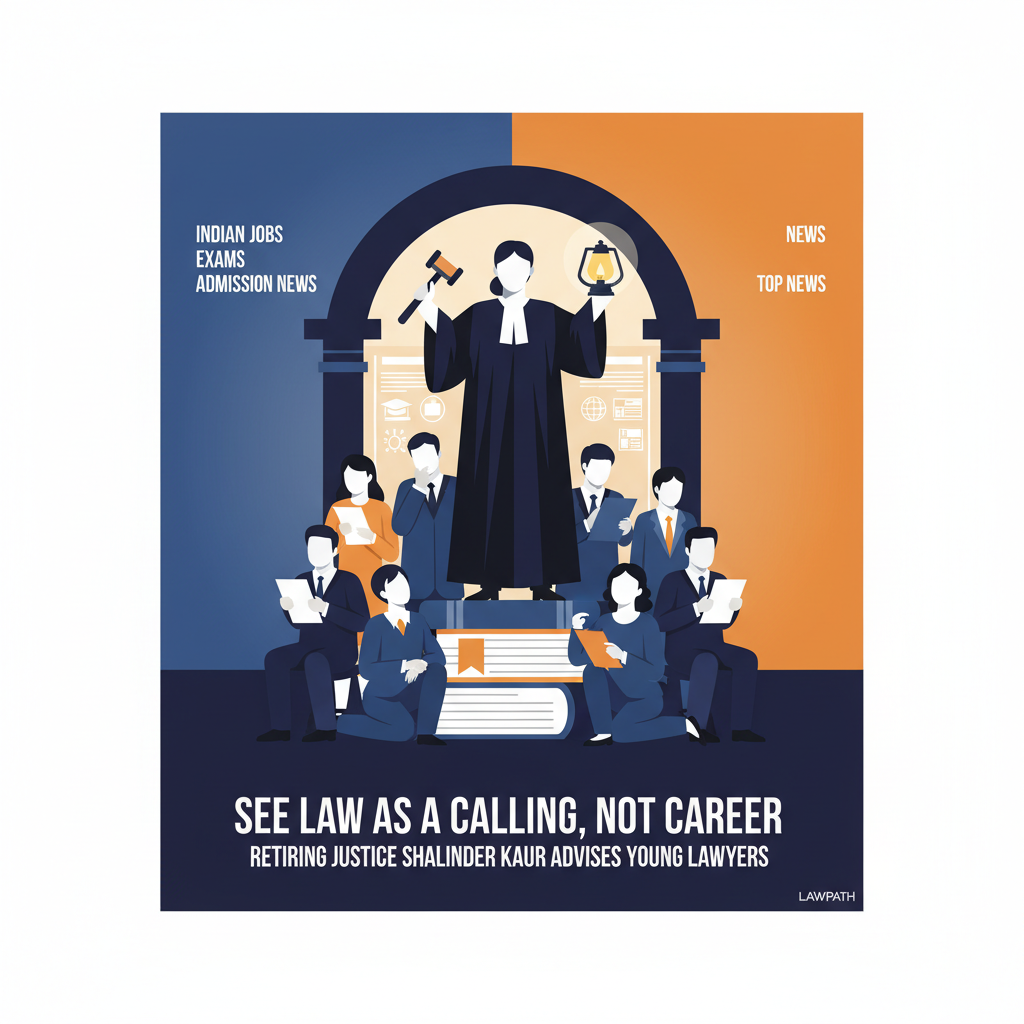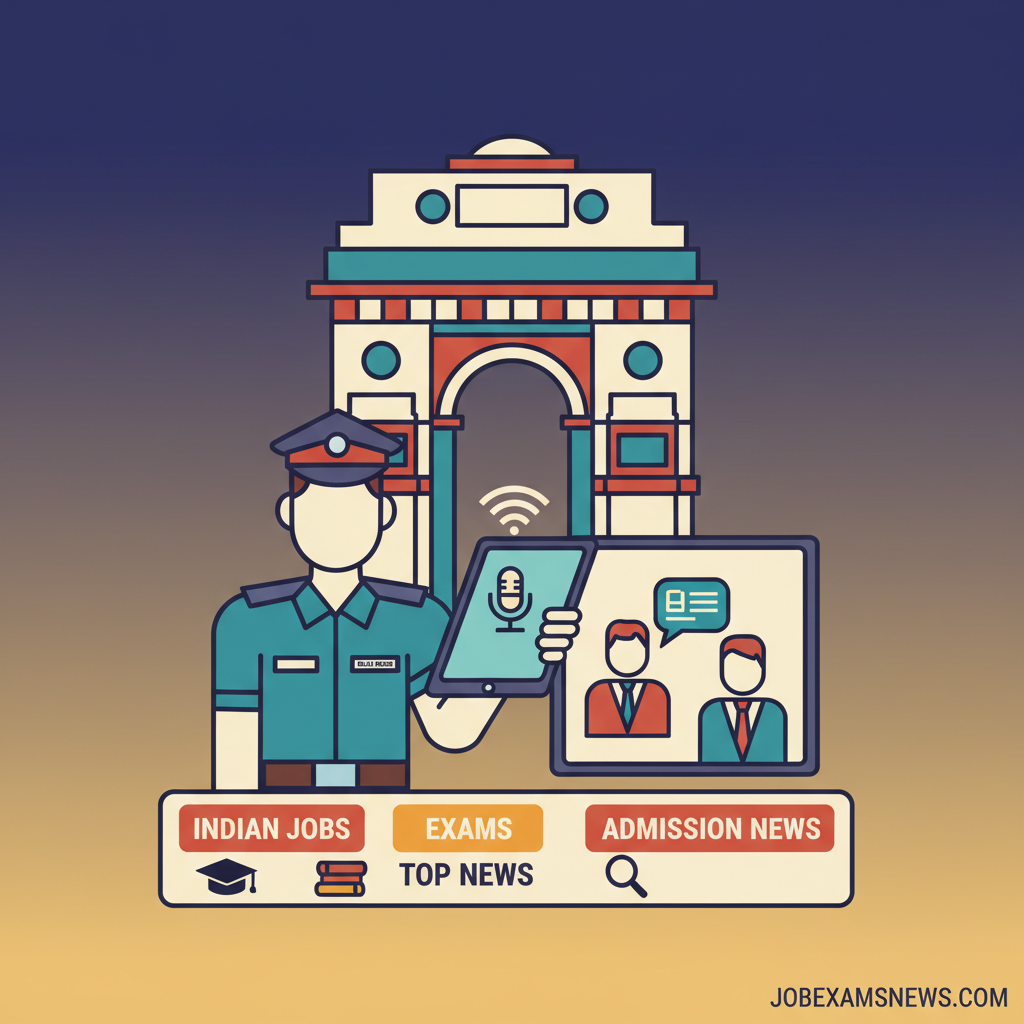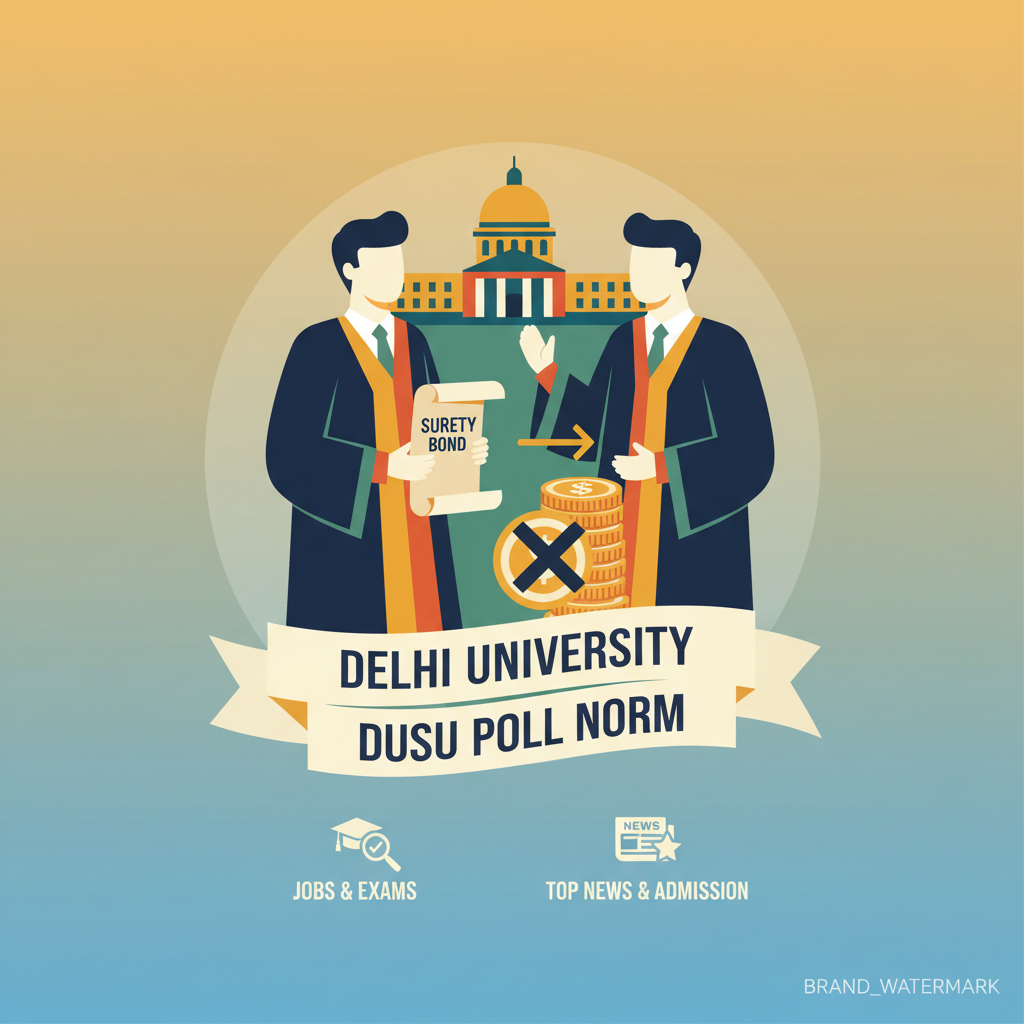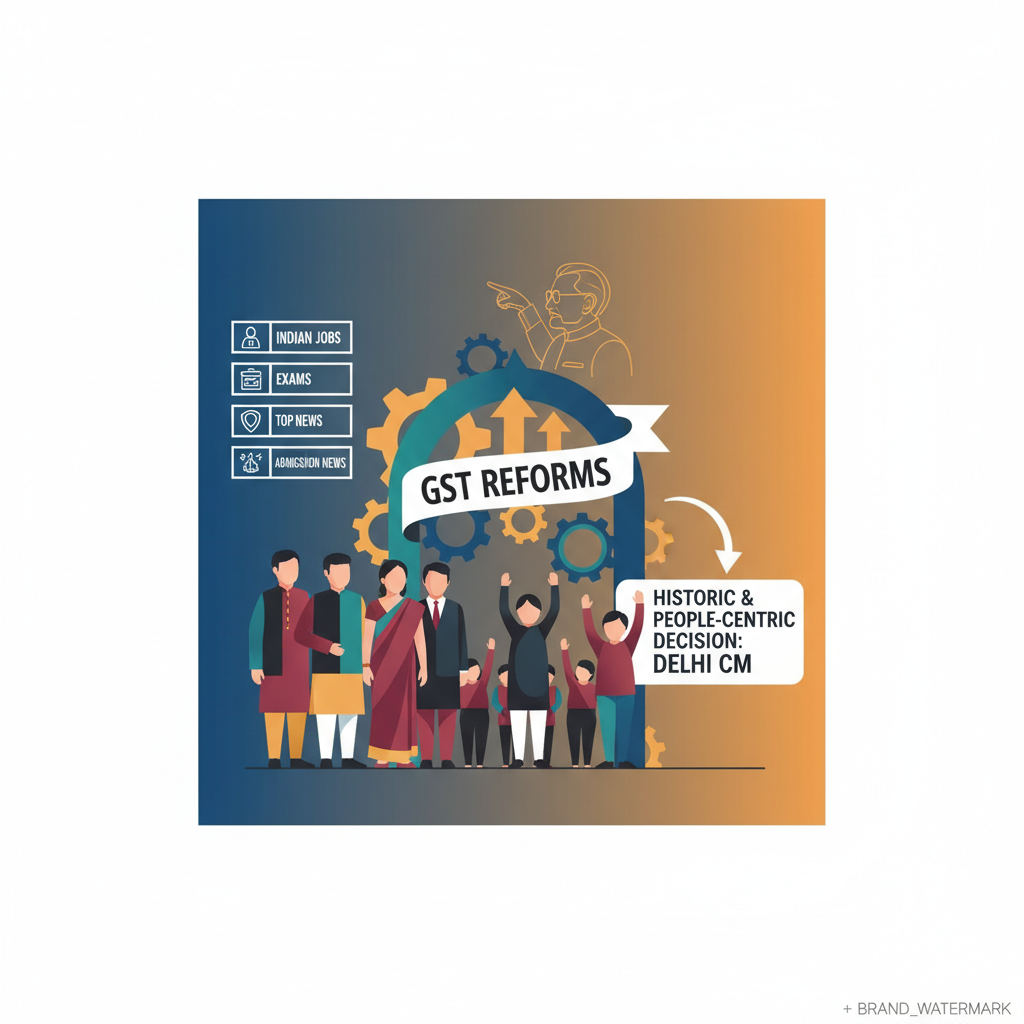AI to Transform 12 Million Jobs by 2030, Says McKinsey Report
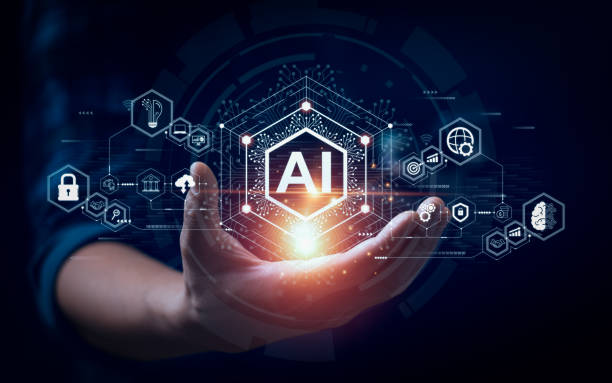
Artificial Intelligence (AI) is set to revolutionize the job market by 2030, causing nearly 12 million job changes, according to a recent McKinsey report. The sectors most affected will include healthcare, STEM fields, administrative support, sales, and manufacturing.
Impact on Job Sectors
The McKinsey report highlights that generative AI and automation will impact around 30% of tasks in various occupations. This shift will require employees to adapt to new roles and responsibilities. Despite these changes, human skills such as creativity and critical thinking will remain irreplaceable by machines.
- Healthcare: Enhanced diagnostic tools and patient management.
- STEM: Increased reliance on AI for research and development.
- Administrative Support: Automation of routine tasks.
- Sales: AI-driven customer insights and personalized marketing.
- Manufacturing: Automated production processes.
Human Skills Still Crucial
“AI will redefine job roles, but human ingenuity remains crucial,” said a McKinsey spokesperson. “Workers must focus on skills that AI cannot replicate.”
This transformation underscores the need for robust retraining and upskilling programs to prepare workers for the evolving job market. As industries adapt to these technological advancements, the emphasis on human-centric skills will become even more critical.
Preparing for the Future
The report urges businesses and policymakers to collaborate in developing strategies to support workers through this transition. Key recommendations include:
- Developing retraining programs to equip workers with new skills.
- Fostering creativity and critical thinking in educational curriculums.
- Encouraging public-private partnerships to address workforce challenges.
As we approach 2030, the integration of AI into the workforce will necessitate a balanced approach, ensuring that technological advancements do not overshadow essential human capabilities.
while AI is poised to transform the job market significantly, human skills will remain indispensable. Preparing for this shift through effective retraining and upskilling programs is essential to ensure a smooth transition for workers. Businesses and policymakers must work together to create a future where technology and human ingenuity coexist harmoniously.


